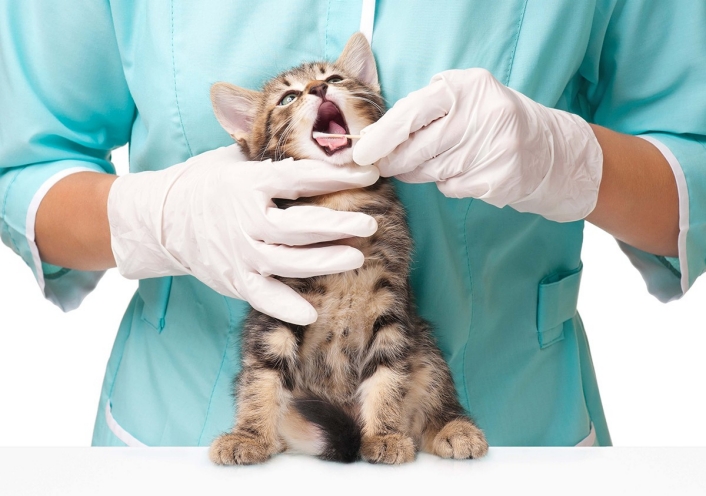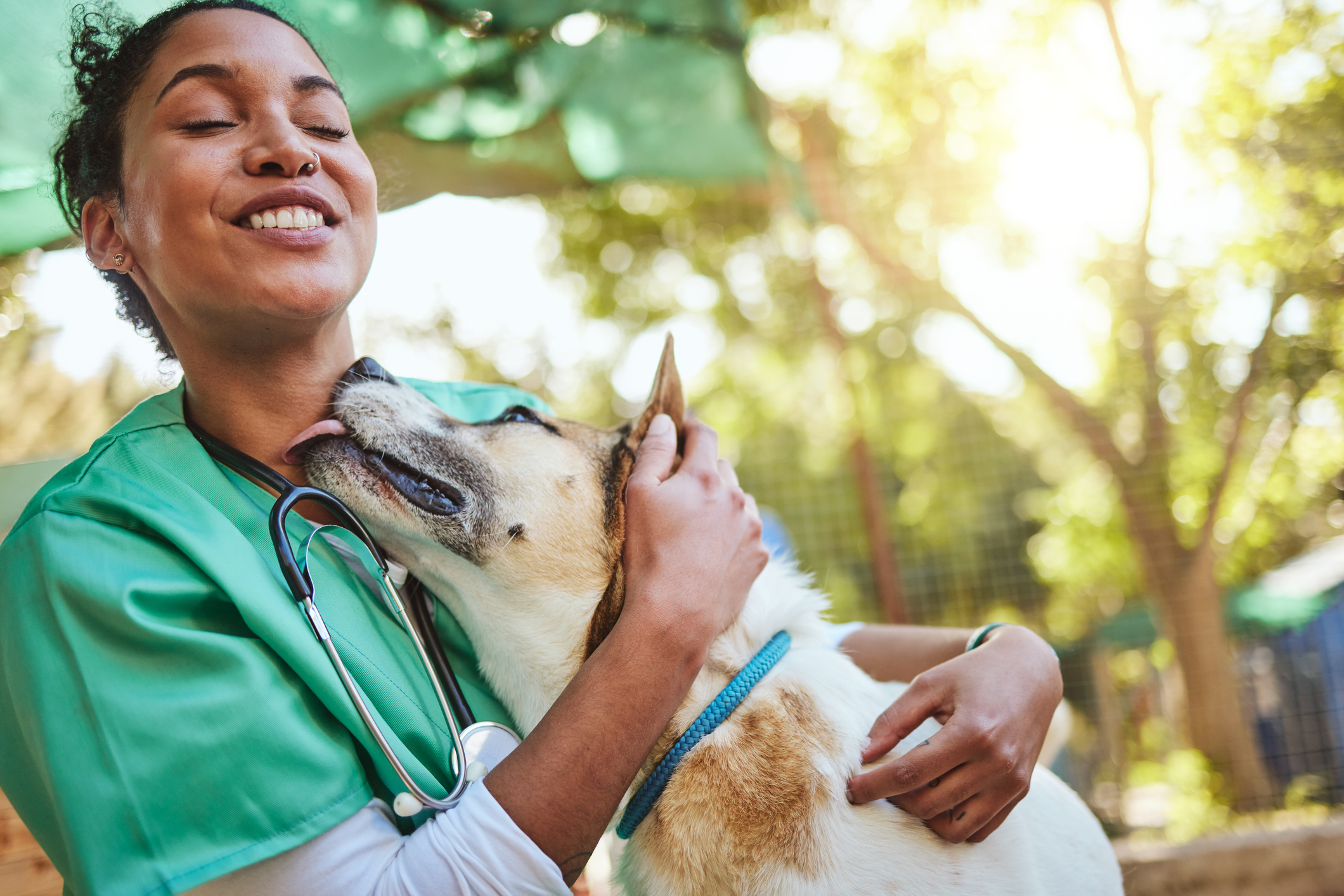Why You Must Pick Vet McKinney for Preventative Animal Treatment
Why You Must Pick Vet McKinney for Preventative Animal Treatment
Blog Article
Professional Tips for Pet Nourishment From a Vet
Comprehending the nutritional needs of family pets is essential for their overall health and long life. Vets recommend a well balanced diet plan that deals with specific elements such as age, breed, and task level. With the wide range of pet dog food choices readily available, pet owners often discover themselves browsing a landscape rife with false information and myths. As we explore necessary tips from vet specialists, it ends up being noticeable that proper nourishment is not just concerning what is fed but entails a deeper understanding of each animal's one-of-a-kind needs. What crucial understandings could transform your method to pet nourishment?
Comprehending Nutritional Requirements
Comprehending the dietary requirements of family pets is basic to ensuring their general wellness and well-being. Similar to humans, animals need a balanced diet plan that supplies crucial nutrients, consisting of proteins, fats, minerals, carbs, and vitamins. These nutrients play critical roles in various physical features, such as power manufacturing, immune action, and cells repair work.
They are composed of amino acids, some of which are essential and have to be gotten from food. Carbs serve as a key energy resource and can sustain digestive wellness when they include fiber.
Minerals and vitamins are essential for metabolic procedures and keeping overall wellness. Each animal might have special needs based upon factors such as age, type, task level, and wellness condition. It is vital to seek advice from a veterinarian to determine the certain nutritional demands customized to your family pet's individual requirements, guaranteeing they receive optimum nutrition throughout their life stages. Correct understanding and attention to these dietary components can dramatically contribute to a family pet's long life and high quality of life.

Selecting the Right Food
It is essential to think about factors such as age, dimension, health, and type condition when picking an animal food. Elderly pet dogs may benefit from foods made to address age-related problems, such as joint wellness or weight management.
When examining pet food choices, try to find items that meet the Association of American Feed Control Officials (AAFCO) requirements, which make certain that the food provides total and well balanced nutrition. Components must be high-quality, with real meat as the main resource of healthy protein. Stay clear of foods with too much fillers, artificial additives, or spin-offs, as these can detract from the overall nutritional value.
Consulting with a veterinarian can supply customized suggestions based upon your family pet's certain needs. Additionally, transitioning in between foods should be done gradually to avoid gastrointestinal upset. By taking these steps, pet proprietors can guarantee that they are supplying their fuzzy buddies with the most effective possible nutrition for a happy and healthy and balanced life.
Usual Misconceptions About Pet Dog Food
Disproving misconceptions bordering pet food is crucial for ensuring optimal nourishment for our fuzzy companions. One prevalent myth is that all grain-free diets are premium for pet dogs. In truth, grains can offer necessary nutrients and are not naturally damaging. A balanced diet regimen can consist of grains, provided they are More Info not causing any kind of intolerances or allergies.

Additionally, lots of family pet proprietors believe that "premium" or "natural" labels guarantee better. These terms are typically unregulated and do not necessarily show premium dietary value. It is vital to scrutinize ingredient lists and dietary accounts instead.
Special Factors To Consider for Different Types
When it pertains to pet nutrition, unique considerations have to be considered for different types, as each breed can have special nutritional demands and sensitivities. As an example, big types such as Excellent Danes and Saint Bernards are vulnerable view website to musculoskeletal concerns and may take advantage of diet plans created to sustain joint health, usually featuring active ingredients like glucosamine and omega fatty acids. Alternatively, small breeds like Chihuahuas might require higher calorie thickness to fulfill their power degrees, necessitating formulas that are abundant in nutrients but lower in mass.
In addition, certain types might be inclined to specific health problems, such as food allergies or level of sensitivities. Types like Labrador Retrievers might deal with weight problems, calling for mindful portion control and a balanced diet plan to keep a healthy and balanced weight. On the other hand, breeds such as Dachshunds may be much more prone to back concerns, prompting a need for diets that promote spinal health and wellness and weight administration.
Eventually, comprehending these breed-specific dietary demands is critical for pet owners. Consulting with a vet can aid in selecting one of the most appropriate diet customized to a specific animal's breed, health, and age status, ensuring optimal nourishment and health.
Relevance of Normal Veterinary Check-Ups
Understanding the unique nutritional demands of different breeds is just one element of responsible family pet possession; routine veterinary examinations play an important role in maintaining total health and wellness. These examinations are vital for very early discovery of health issues, making certain that any type of potential troubles are attended to before they come to be severe. Routine visits enable veterinarians to check your animal's weight, dental health and wellness, and important indicators, which are vital indicators of total wellness.
In addition, regular check-ups allow vets to offer customized nutritional suggestions based on your pet dog's private wellness condition - Veterinarian Greensburg. As family pets age, their dietary demands might transform, and adjustments might be necessary to avoid obesity or nutrient shortages. Preventative care, consisting of inoculations and parasite control, is also an essential part of these check outs, protecting your pet dog from different diseases
Along with physical examinations, these visits use an excellent opportunity for family pet owners to go over behavior changes or issues regarding their pet dog's eating practices. By focusing on normal vet exams, pet owners can make sure a much longer, healthier life for their check my source furry buddies, inevitably boosting their quality of life.
Conclusion
Finally, making certain optimum pet nutrition requires an extensive understanding of private dietary requirements, proper food choice, and recognition of widespread misconceptions. Unique factors to consider for different types need to be represented, and routine vet examinations play a crucial function in keeping an eye on health and wellness and dietary modifications. Sticking to AAFCO standards and speaking with vets before making nutritional modifications will certainly boost the health of family pets, eventually adding to their longevity and quality of life.
With the plethora of pet dog food choices offered, pet owners often locate themselves navigating a landscape raging with false information and misconceptions. Each animal may have unique demands based on aspects such as age, breed, task degree, and health standing. It is crucial to think about elements such as age, health and wellness, dimension, and breed standing when selecting an animal food. Elderly animals might benefit from foods made to deal with age-related concerns, such as joint health and wellness or weight management.
Understanding the one-of-a-kind dietary demands of different types is just one element of liable animal possession; regular vet exams play an important role in keeping overall health and wellness.
Report this page